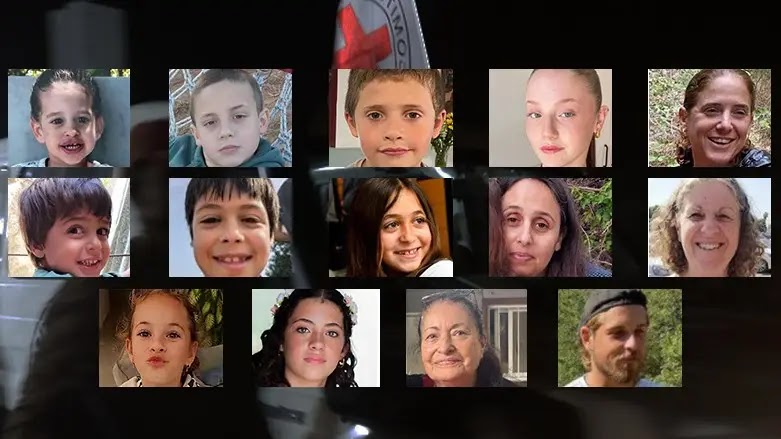 |
| Rabbi Eliezer Melamed |
A difficult question faces the State of Israel – how to release the approximately 240 captives held by Hamas. Should an agreement be reached to release them in exchange for many terrorists and a ceasefire?
Let us clarify this issue from the Jewish sources.
Redeeming Captives
Our Sages taught that the redemption of captives is a great mitzvah for which a person should donate charity, placing it at the top of the list of worthwhile causes because the captive suffers greatly from hunger, medical problems, psychological trauma, and often subhuman conditions whereby his life is often in danger (Baba Batra 8B) Therefore, it is not proper to spare means in rescuing captives (Rambam, and Shulchan Aruch, Yoreh Deah252:1).
Nonetheless, Chazal postulated the halakha that it is forbidden to pay an over exorbitant amount for pidyon shivuim (redeeming hostages), as is stated in the Mishna: “They must not ransom captives for more than their value, for the sake of the public wellbeing” (Gittin 45A). The main reason given for this enactment, in both the Gemara and the Rambam, is to not create an incentive for highwaymen and kidnappers to seize more and more Jewish prisoners, since they know that we are willing to pay any price to set them free.
The Talmud mentions another explanation for this enactment – not to pressure the public to donate funds beyond their capability.
However, most of the Rishonim, including the Rif, Rosh, Rambam, and the Tur, say the principle reason is not to encourage our enemies to kidnap more Jews, and this is the ruling in the Shulchan Aruch (Yoreh Deah 252:4).













